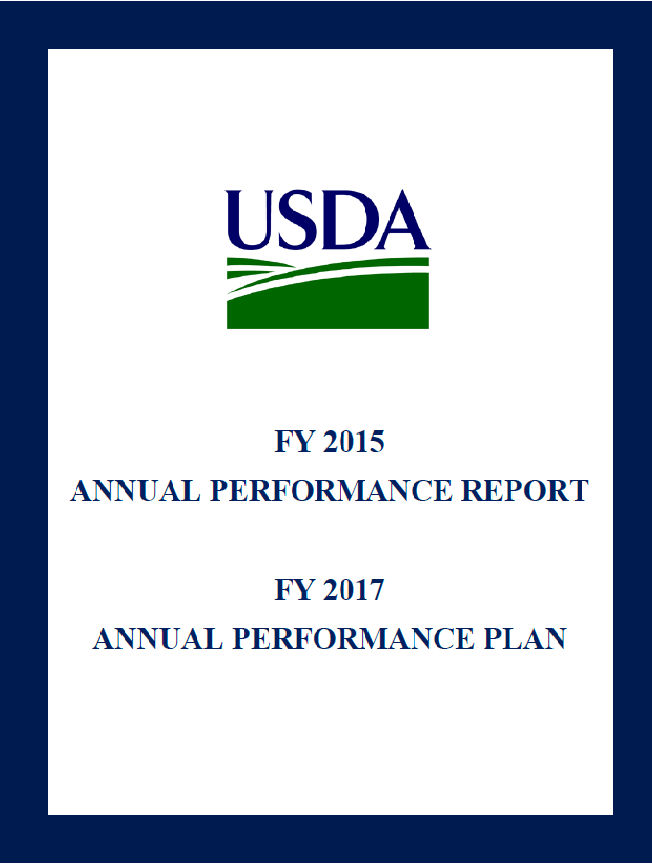- Home
- Agencies
- Department of Agriculture
- Department of Housing and Urban Development
- General Services Administration
- Department of Commerce
- Department of the Interior
- National Aeronautics and Space Administration
- Department of Defense
- Department of Justice
- National Science Foundation
- Department of Education
- Department of Labor
- Office of Personnel Management
- Department of Energy
- Department of State
- Small Business Administration
- Environmental Protection Agency
- Department of Transportation
- Social Security Administration
- Department of Health and Human Services
- Department of the Treasury
- U.S. Agency for International Development
- Department of Homeland Security
- Department of Veterans Affairs
- Goals
- Initiatives
- Programs
Primary tabs
Strategic Objective
Enhance America's Ability to Develop and Trade Agricultural Products Derived from New and Emerging Technologies
Strategic Objective
Overview
The United States is in a unique position to combat global hunger and the impacts of a changing climate. American farmers are among the most productive in the world, and U.S. science is among the most advanced in developing innovative solutions to agro-ecological challenges. USDA supports the safe and appropriate use of science and technology, including biotechnology, to help meet agricultural challenges and market needs of the 21st century.
USDA uses science-based regulatory systems to allow for the safe development, use, and trade of products derived from new agricultural technologies. USDA will continue to regulate the importation, interstate movement, and field-testing of newly developed genetically engineered (GE) organisms that qualify as “regulated articles” to ensure they do not pose a threat to plant health before they can be commercialized. These science-based evaluations facilitates the safe introduction of new agricultural production options, and enhance public and international confidence in these products. USDA will coordinate responsibilities with the U.S. Environmental Protection Agency and the U.S. Food and Drug Administration as part of the Federal Coordinated Framework for the Regulation of Biotechnology.
To bring products of new and emerging technologies to the worldwide marketplace, USDA works with other federal agencies to address trade challenges while building strong international partnerships. These efforts facilitate the safe use and trade of products produced by such technologies, including the genetic engineering of animals, animal cloning, next generation plant and animal biotechnologies and nanotechnology. USDA will continue to monitor and encourage industry efforts to enable the development and export of biotechnology products containing intellectual property whose patents have expired.
USDA supports global adoption of science-based regulatory systems and works to advance internationally accepted science-based regulations with U.S. trading partners. Ensuring the enforcement of existing global commitments governing trade in agricultural biotechnology products is also a priority for the Department. USDA raises awareness of the contributions of innovative technologies to global food and energy security, environmental sustainability, and climate change mitigation and adaptation. This fosters global adoption of these technologies and their products, increases trade opportunities for U.S producers, and provides tools for addressing 21st century challenges to agriculture.
At the same time, USDA facilitates increased dialogue and cooperation among farmers who employ varied agricultural production methods. This leads to domestic and international growth for all production systems and reduces friction among diverse interests. USDA will implement, as appropriate, recommendations provided by the USDA Advisory Committee on Biotechnology and 21st Century Agriculture on strengthening coexistence among different agricultural systems.
Read Less...Progress Update
ACHIEVEMETS: The Animal Plant and Health Inspection Service (APHIS) implemented changes to its petition review process for genetically engineered organisms with the goal of reducing the review time. In FY 2015, APHIS made 8 determinations of regulatory status for biotechnology petitions bringing the total of deregulations to 117.
CHALLENGES: As new scientific advances open up new approaches for the field of biotechnology, these advances may challenge USDA to determine its role in the regulation of technologies that were not anticipated when its current regulatory system was established.








